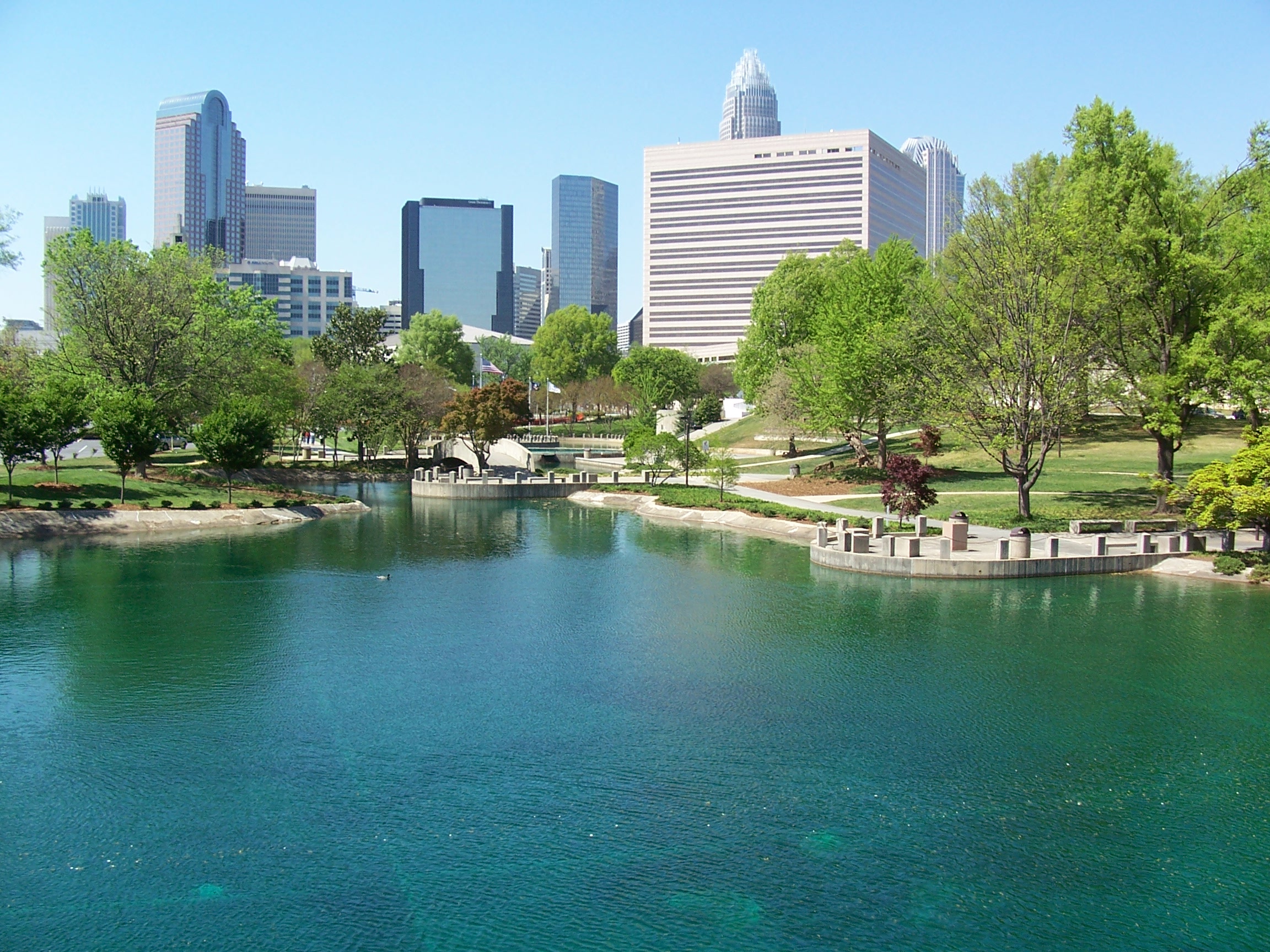
Charlotte, North Carolina, held partisan primary elections last Tuesday for mayor and city council. Twelve seats are appearing on the general election ballot on November 5, 2019. Democratic primaries were held for mayor and all city council districts except for Districts 6 and 7. City Council District 7 was the only office to hold a Republican primary. District 6 did not hold any primaries.
With all districts reporting, incumbent Mayor Vi Lyles (D) defeated four challengers with 86.6% of the unofficial vote total. No challengers received more than 4.2% of the vote. She faces Republican challenger David Michael Rice in November. Rice was the only Republican candidate to file for the mayoral election and automatically advanced to the general election.
Four at-large city council seats and Districts 1, 2, 3, 4, and 5 held Democratic primaries. All four at-large incumbents and the Districts 1 and 5 incumbents filed for re-election and advanced to the general election. Districts 2, 3, and 4 are open seats. City council District 7 incumbent Edmond H. Driggs (R) defeated one challenger in the only Republican primary of the night.
Four districts only have one candidate on the November ballot and were unofficially decided in the primary. Democratic incumbents Larken Egleston (District 1) and Matt Newton (District 5) will be automatically re-elected and District 3 Democratic candidate Victoria Watlington will win her first term without opposition. Republican District 7 incumbent Driggs will also be re-elected unopposed. The remaining city council seats and mayoral election are contested.
Charlotte is the largest city in North Carolina and the 17th-largest city in the U.S. by population.

